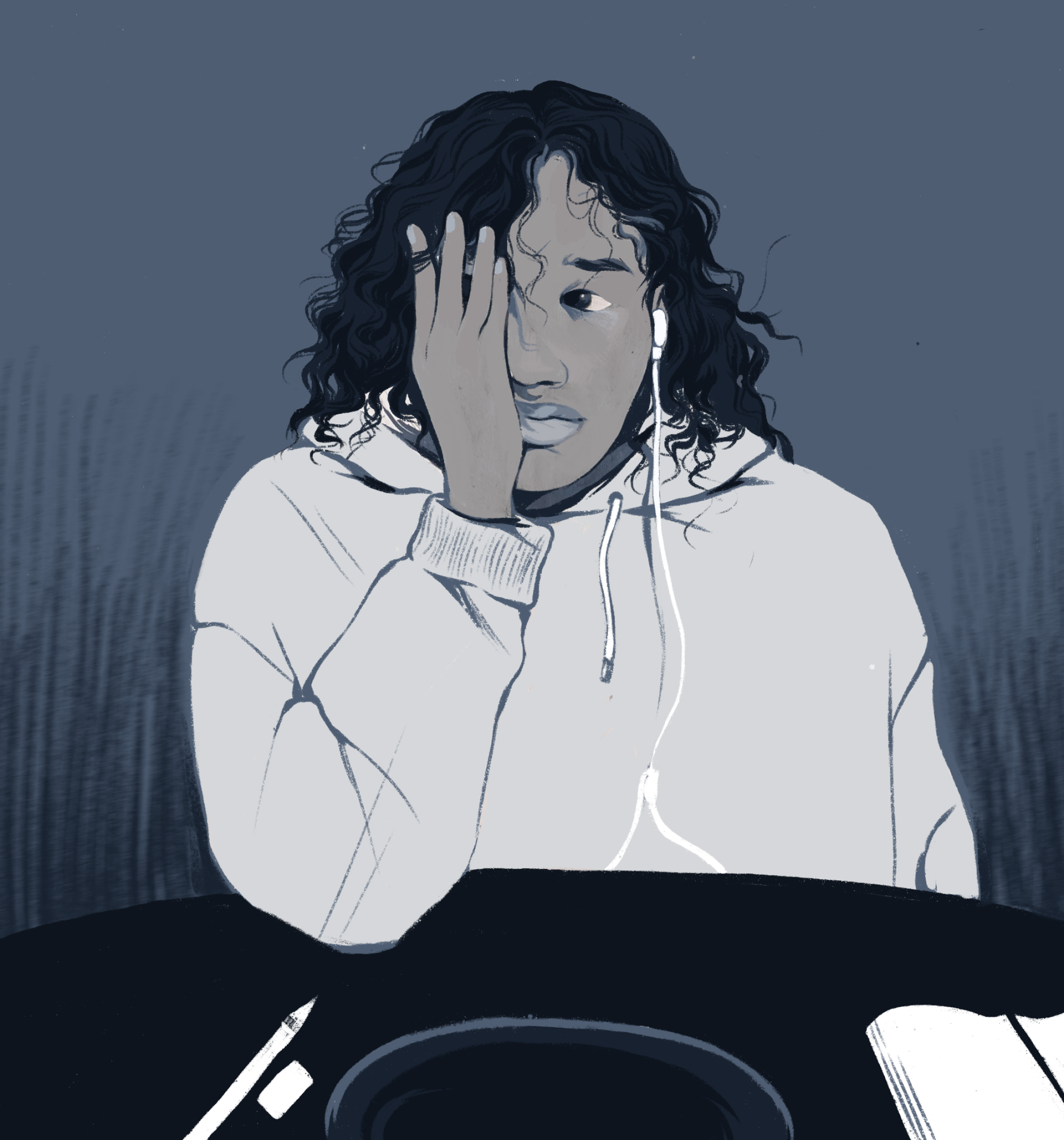Over the past year and a half of COVID-19, everyone has had to resist seeing each other as much as possible, leading to a huge negative impact on mental health. At the same time, in Berkeley High School’s (BHS) year of distance learning, students only had three or four classes at a given time — half as many as normal — depriving them of necessary education.
Teachers must prioritize students’ mental health. Coming back to school in-person is a huge change from last year, and students need the resources to adjust. Getting far more homework and spending a full day in class for the first time in 18 months is not something one can become used to immediately, so teachers must provide time to adapt.
With minimal social interaction during COVID-19, a large number of students have faced deteriorating mental health and relationships. One thing teachers are doing to help students’ mental health is occasionally providing meditation sessions in class, which allow students to gather their thoughts and release stress. Meditation is proven to reduce stress and anxiety along with having many other mental and emotional benefits. Whether teachers choose to include occasional meditation in class to encourage students to practice it on their own, or just as a short break, students certainly benefit from it.
Many teachers are also significantly reducing the amounts of homework they give or have stopped giving homework altogether, which has a massive positive impact on students’ lives. With such unusual circumstances and many distractions, academic progress was certainly blunted last year. Many students struggled academically during distance learning, one example being the BHS Advanced Placement chemistry exam pass rate falling from 75 percent to 50 percent. Teachers had to choose what curriculum to keep teaching and what they had to cut out of lessons last year, having only half the usual time with students.
As they begin a new school year, students haven’t learned many of the things that they normally would have. While multiple topics weren’t taught last year, it isn’t necessarily important to attempt to make up for that this year. Students all over the world have dealt with the same issue, so it’s not as if BHS is alone with this dilemma.
Homework is a burden that brings much anxiety and stress, and it makes school similar to a full-time job, with deadlines constantly approaching. When you consider that students sometimes have to sacrifice their sleep while working late into the night, homework’s negative impacts vastly outweigh the positive effects. The overload of homework is an aspect of the education system that must be reimagined.
For students to catch up on all the work they may have missed, there is an inherent sacrifice of their mental health. The more work teachers give, the more stressed students will become. During the pandemic, many students’ motivation to complete schoolwork has weakened or diminished completely.
Everyone had a rough year during COVID-19, and we are certainly still dealing with struggles caused by the pandemic. Teachers should help students mentally recover from quarantine as much as possible. Whether it be by teaching meditation, reducing homework, or something else, mental health must be a priority.





